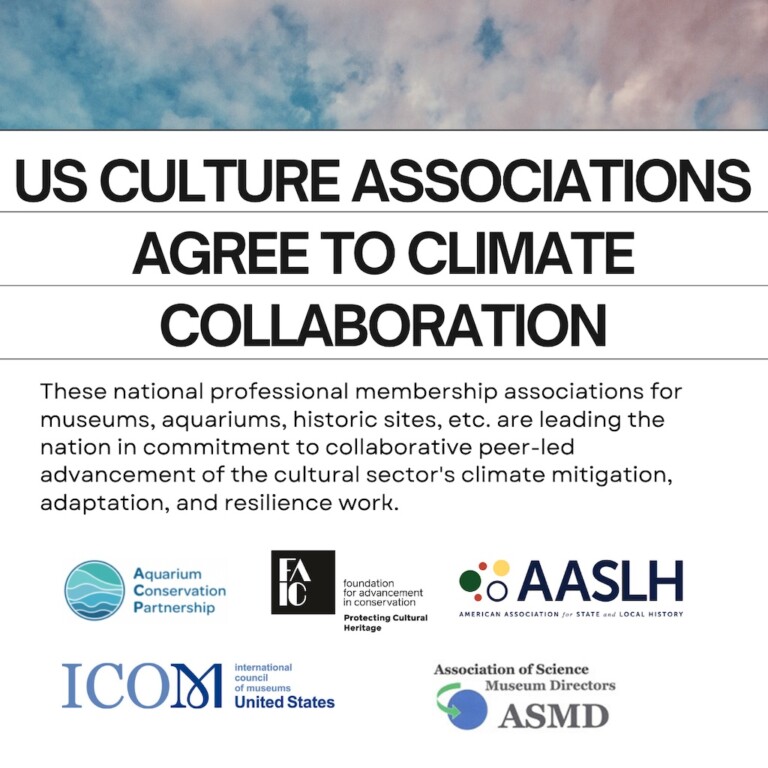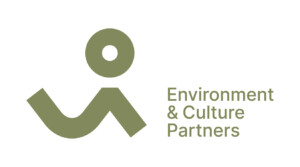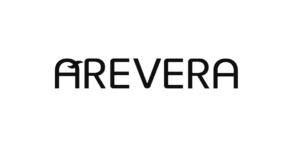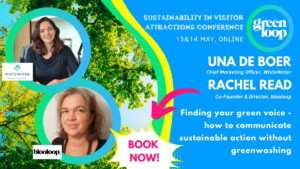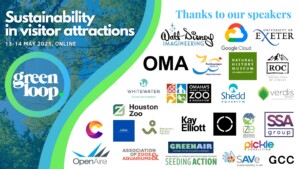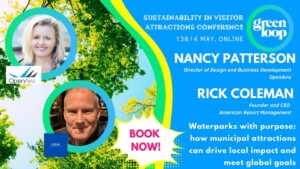Environment and Culture Partners, a non-profit organisation dedicated to strengthening and broadening the environmental leadership of the cultural sector, has announced that it is pursuing a collective agreement on climate collaboration from culture associations in the United States. The goal is collective impact, so the organisation is creating a mutual starting point from which the collective can begin designing that impact.
The first five national association signees, and their public commitment, have now been revealed.
Professional associations have a responsibility to develop and maintain standards for the performance of the entire field as well as to lead and represent the accomplishments of their distinct membership. The nation’s museums, zoos, parks, aquariums, historic institutions, and archives are all adopting climate action, as it is now expected practice to mitigate, adapt to, and respond to climate change.
To meet this new level of performance, the sector needs a reset and an alignment rather than a new organisation, or a performance checklist, says Environment and Culture Partners:
“Past approaches haven’t worked at the scale needed. They have stalled due to knowledge and resource limitations, are bogged down among concern over politics and appearances, or fizzled out from a lack of funding.
“Business as usual will not solve this problem. We expect that a realignment allows for a new and refreshed way forward.”
A nationwide effort
“For those new to this work, this alignment of nationwide effort is the first step in building greater confidence and resolve among leadership and membership to take action. For those ready to do more, this is where we build cooperative research, implementation, and funding approaches to scale change faster.
“Our goal is collective impact, so we are creating a mutual starting point from which the collective can begin designing that impact. The strength and creativity of the sector are the individual actions already underway; the power of the sector is in the alignment of those efforts through institutional intentions.”
There are numerous individual organisations, as well as specific initiatives and programmes run by associations, that offer excellent examples of this work, but the actions are inconsistent and the methods are disconnected. Without association members receiving clear permission and strong encouragement, this will keep happening. Therefore, each association must collectively endorse and actively promote climate action, both individually and collectively.
Alignment will encourage more climate action at individual sites, and increase the opportunities for:
- Collaboration
- Partnerships with other sectors, and
- Accessing funding
Goals and commitment
ECP will continue its work to broaden and strengthen the cultural sector’s capacity for climate action by:
- Building partnerships within the cultural sector and with other sectors (e.g., higher education).
- Pursuing funding to increase impact through building relationships, knowledge, skills, and resources.
- Creating and updating a public website with links to sector-wide climate initiatives and association work.
- Facilitating free climate mitigation, adaptation, and resilience summit convenings for cultural sector staff on topics specific to advancing critical areas of knowledge and action (e.g., making strategic energy management decisions, and exhibition materials). Findings, recommendations, or resources will be publicly available.
- Addressing policies that impact or could affect individual institutions, the sector, and other sectors, that facilitate climate action (e.g., institutional policies, professional policy guidelines, and public policy approaches).
Join the call to sign and act
Environment and Culture Partners is inviting US culture associations to take action now by signing the Public Agreement and committing to joining their members and peers in collaborative peer-led advancement of the cultural sector’s climate mitigation, adaptation, and resilience work.
They are also encouraged to share a link to their page of climate work and resources for ECP to post publicly and to begin or continue to apply actions in the Public Agreement, starting with activities related to energy.
The Public Agreement & first signees revealed
The Public Agreement reads as follows:
We agree that:
- Climate change is affecting all that we do, care for, and care about.
- As charitable, educational, community-focused institutions, cultural institutions are affected by climate change, and are resources for addressing and learning about climate change.
- We commit to joining our members and peers in actively advancing the full engagement of the cultural sector climate mitigation, adaptation, and resilience work.
We agree to:
- Continuously incorporate climate mitigation, adaptation, and resilience (as you define this work) into your existing and new resources, including programs and training, tools and assessments, and policies as appropriate for your organization.
- Encourage our membership and the field to pursue climate mitigation, adaptation, and resilience activities as appropriate.
- Be an active partner by cultivating a culture of cooperation and collaboration among association leaders, and to share, highlight, and promote resources, information, and funding opportunities to support our membership and our association peers in this work.
To date, the Aquarium Conservation Partnership (ACP), the Association of Science Museum Directors (ASMD), the American Association for State and Local History (AASLH), the Foundation for Advancement in Conservation (FAIC) and the US National Committee of the International Council of Museums (ICOM-US) have all signed the Public Agreement.
What’s next?
The Public Agreement and sharing a URL of climate work are just the beginning of US cultural organisations’ climate partnership. The next step is to include the membership and associations in sector-wide climate work.
Energy is the first topic. Generating more clean energy and improving energy efficiency will help reduce carbon emissions. Energy often accounts for a significant portion of cultural organisations’ finances and their emissions.
Environment and Culture Partners is collaborating with New Buildings Institute and the U.S. Environmental Protection Agency’s ENERGY STAR to add a Museum category to the Energy Star Portfolio Manager. To create the category, cultural organisations must provide enough accurate energy use statistics. By involving associations, this activity will reach a wider audience and provide the industry with a chance to learn about the advantages (and difficulties) of pursuing this work.
This initiative stems from Culture Over Carbon: Understanding the Impact of Museums’ Energy Use and Carbon Inventory Project. Culture Over Carbon is an IMLS-funded National Leadership project in partnership between Environment and Culture Partners, New Buildings Institute, and New England Museum Association. More information related to this initiative, EPA survey and participation will be shared this summer.
The impact
In terms of impact, this will help create an energy benchmark for the cultural sector to continue the work begun by the Carbon Inventory Project. Museums can benchmark (compare) their energy consumption to other museums, and create the habit of monitoring their energy use to make strategic energy management decisions. This could result in savings of money, energy use, and carbon emissions.
On 15 June, Environment and Culture Partners will host a webinar for regional and special interest cultural associations to present and discuss the goals of this effort, the Public Agreement, and hear how associations would like to engage in this work. Please contact hello@ecprs.org if your association would like to attend or for more information.
Then, on 16 June, Carbon Day, the webpage with links to sector-wide climate initiatives and association work goes live, and the Carbon Inventory Project report with estimated sector-wide carbon footprint will be published.
Next, the organisation will work to convene US associations to discuss Energy Benchmarking + EPA Museum Category initiative and follow up. It will also pursue funding and funding partnerships which increase the climate work of associations and their members, and ultimately, the field.
Environment and Culture Partners will also begin to facilitate free climate mitigation, adaptation, and resilience summit convenings on sector-specific topics, including identifying and addressing policies related to these topics which impact the field. It will update public agreement signees and the website with links to sector-wide climate initiatives and association work.
Sarah Sutton, CEO of Environment and Culture Partners, is one of the Power 10 in the 2022 blooloop 50 Museum Influencer List. This recognises her leadership in sustainability and climate action – for museums and for the world as we face the climate crisis.
